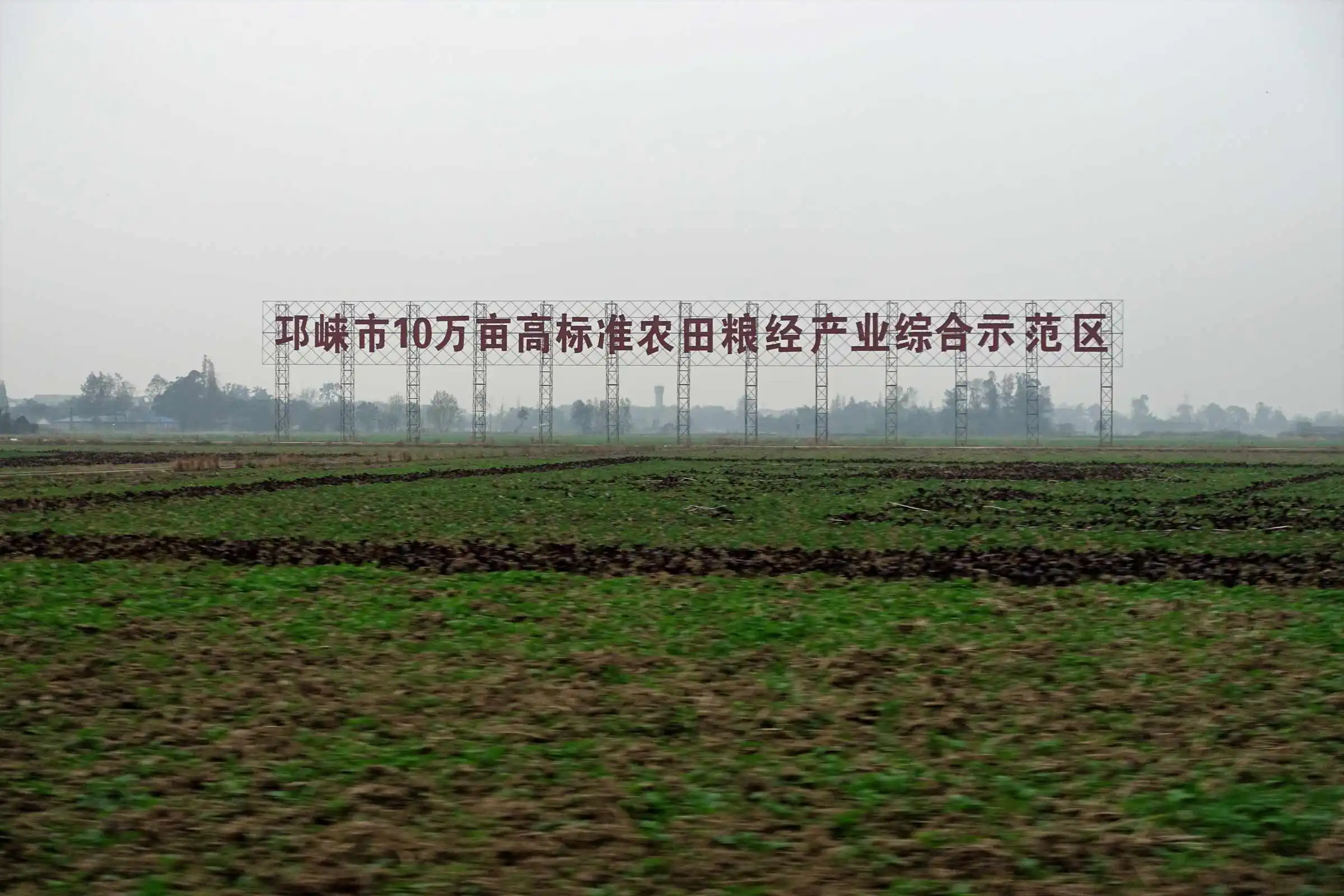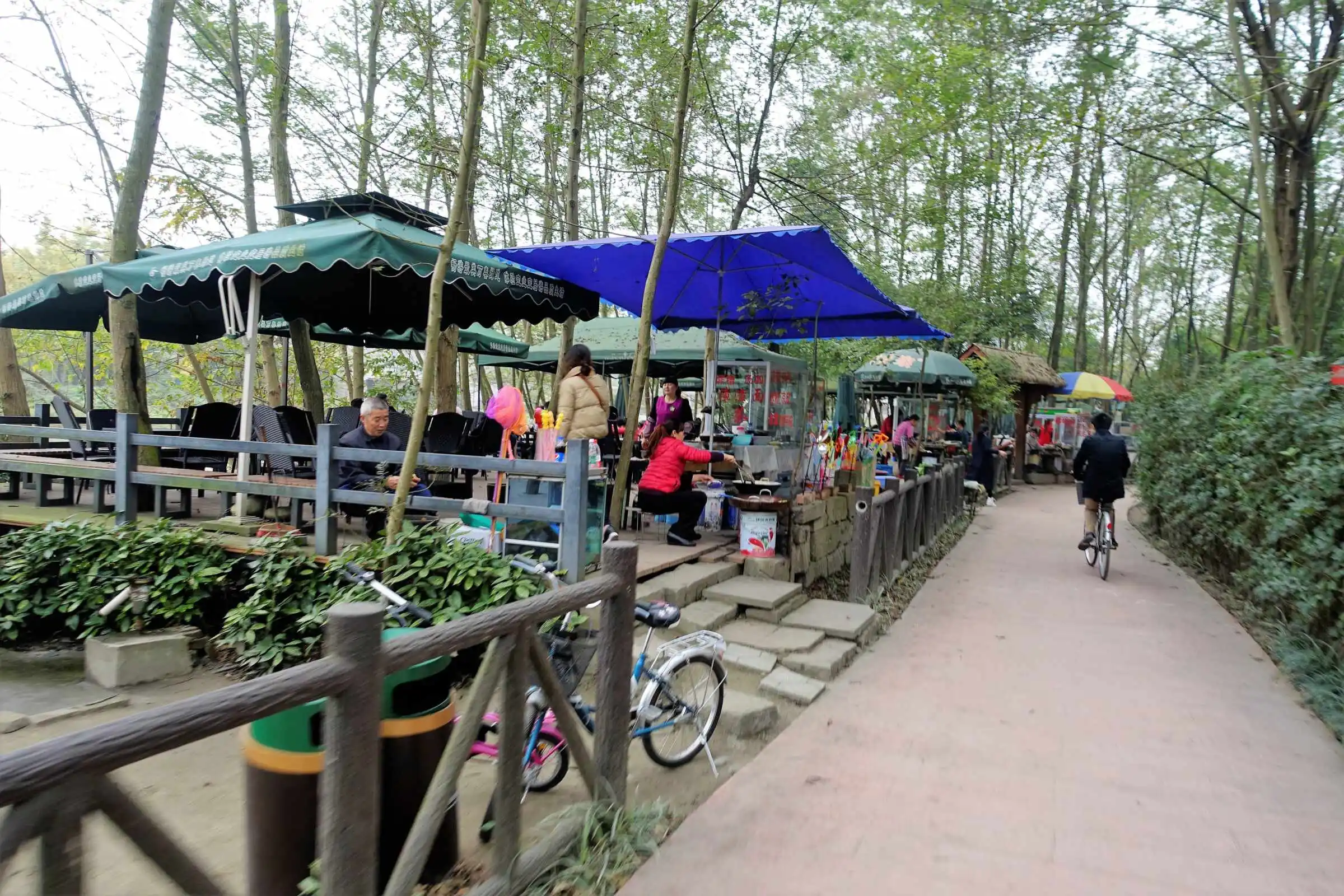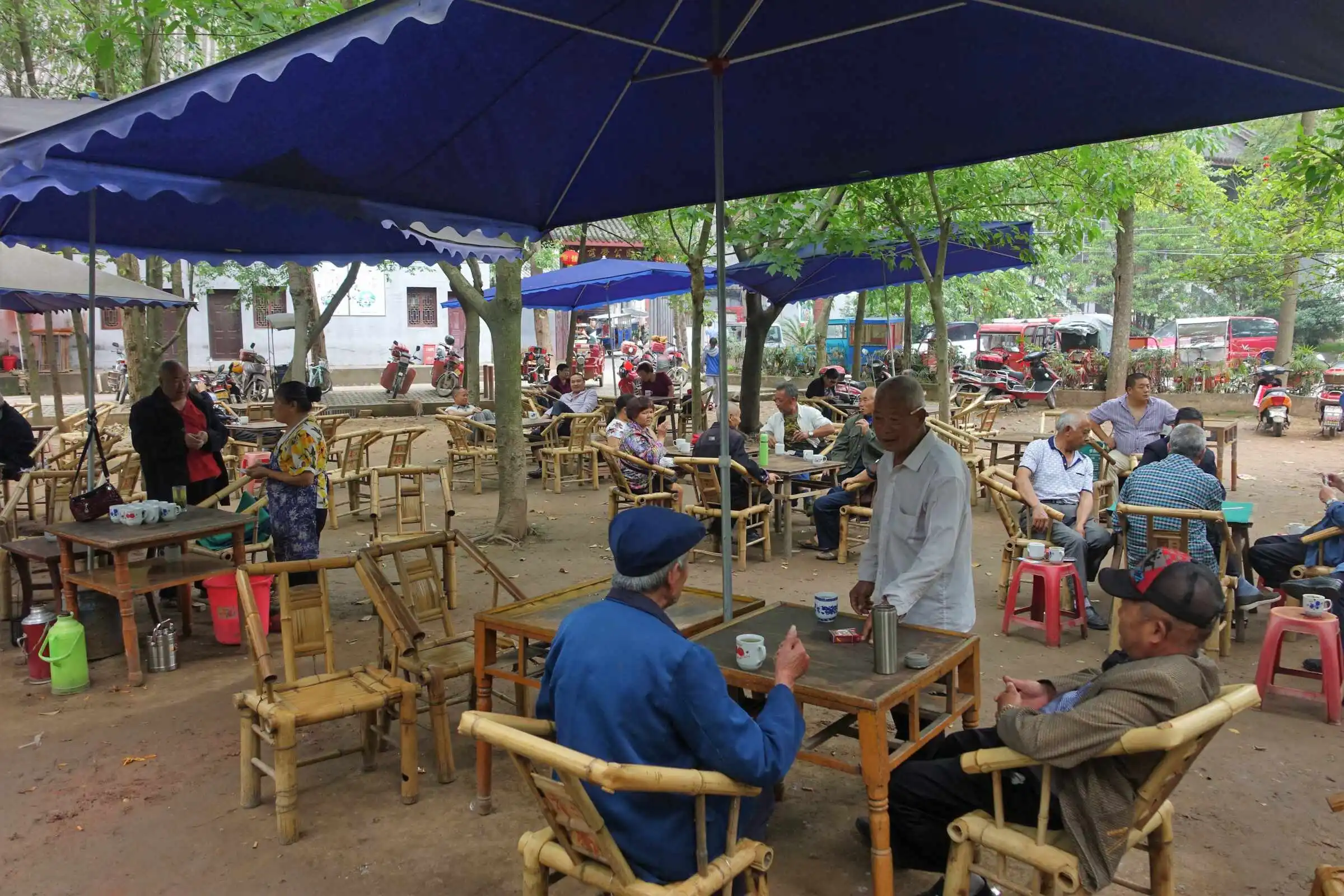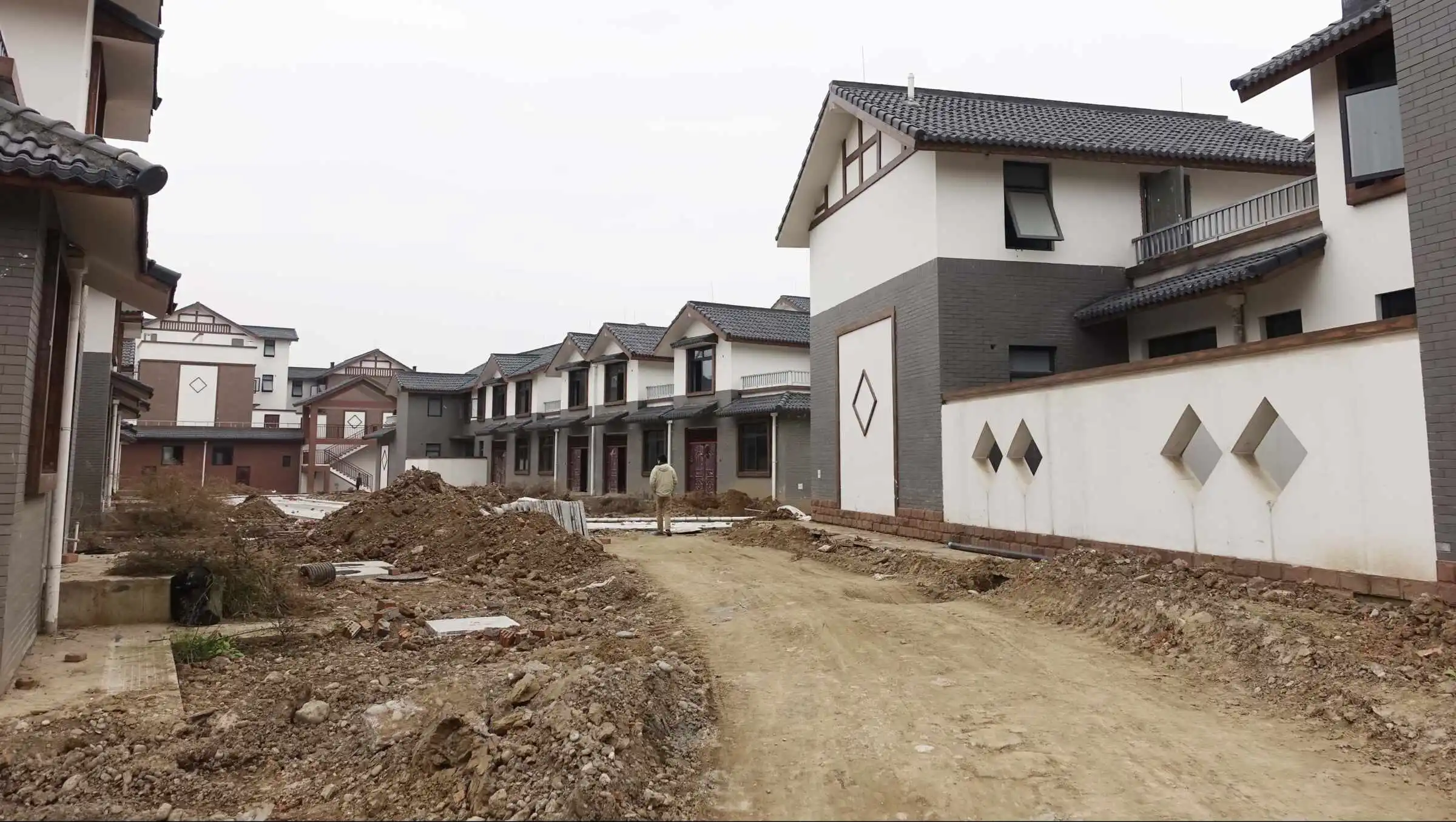The Concentration Dilemma
Chengdu CHN





With Chengdu as the case, supported by innovative mapping techniques, first-hand archival research and interviews with farmers, social workers, NGO, planners, architects and governmental officers, this research examined the implementation of spatial concentration policy mechanisms and the impacts they had on residents.
Although substantial resources were allocated to such policies and their related construction projects, they do not necessarily deliver their envisioned social and economic goals. The research investigated knowledge and policy actions required to develop these transformation strategies.
By illustrating one of the most intensive cases of state-led urban-rural transformation, the research aimed to shed light on other sites of agrarian urbanisation and modernisation in other parts of Asia.
Fieldwork Reflection
Researching in hinterland areas in China presents a number of challenges. First, conducting interviews is often difficult as so many regional dialect are spoken locally and not all interviewees spoke Mandarin. Second, tensions between villages and local authorities required careful negotiation. And finally, corroborating information involved working with many different and often fragmentary sources, such as verbal testimony, newspaper articles, official data, policy notices and real-estate intelligence.